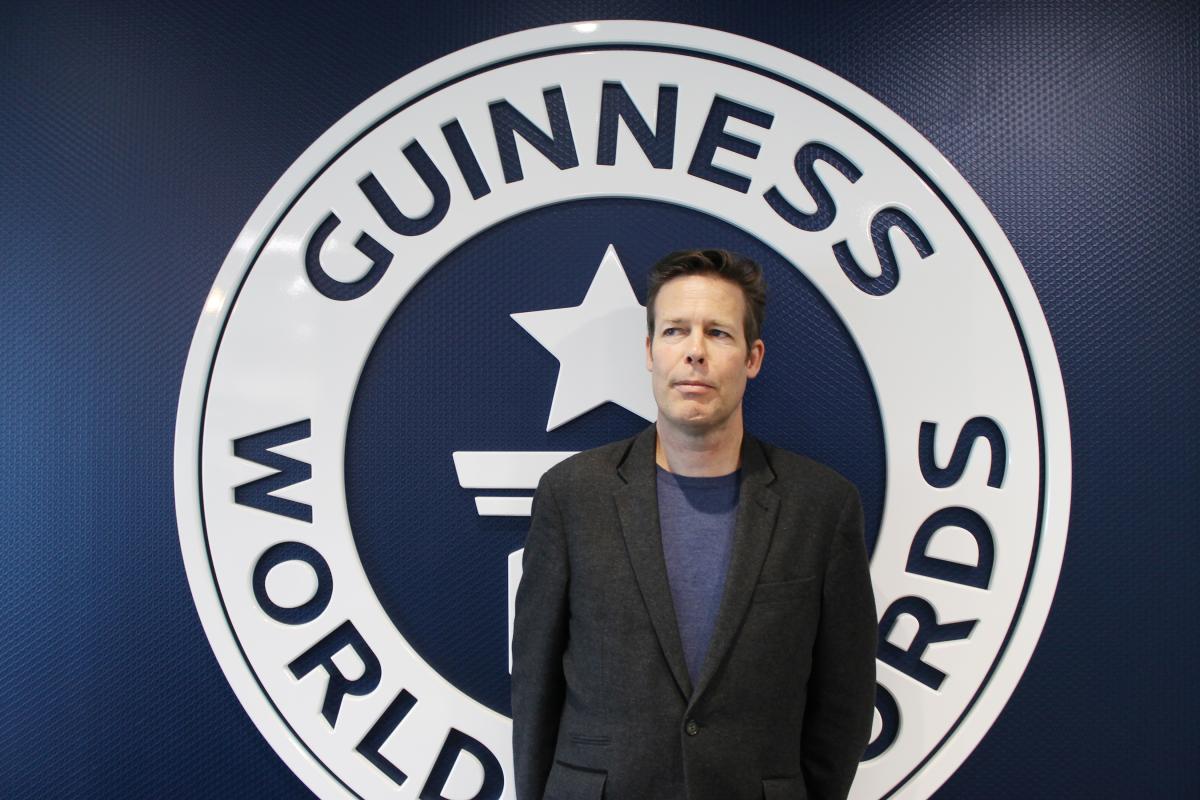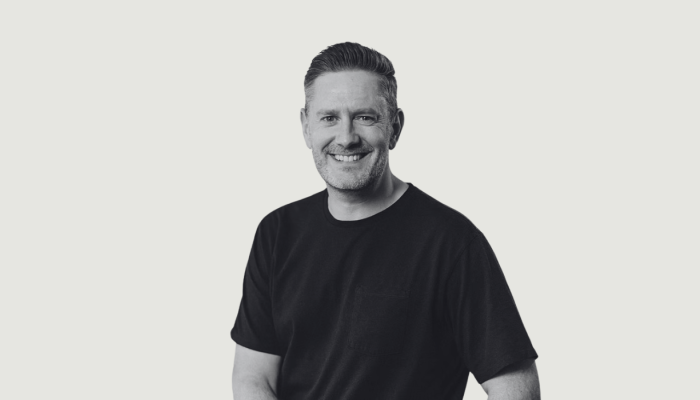This week we meet Neil Foster, Vice President of Guinness World Records Consultancy.
What’s your golden rule?
Always look at it from their side. It’s easy to get caught up in the day to day running of a business - but taking a simple step back and becoming the client for a moment definitely helps to provide clarity.
Who has been your biggest influence?
There have been several big personalities who have shaped my career but probably the most influence came from Melanie King. She’s a formidable force in the Sydney PR industry and has been my boss in three different jobs including DDB Australia. She taught me how to think like a journalist, to understand the tensions, the actors and the overall story; essentially, how to make things interesting.
What is your most hated business expression?
“Let’s have a catch-up” – I want to hear how far ahead you are, not how far behind.
How can marketers be braver?
Sometimes proponents of marketing theory attempt to apply identical practices across industries, but no two are equal and it’s important that comms are adapted to reflect that.
Applying theory and adopting ‘category norms’ is lazy and safe – and when you’re safe, there is little need to be brave.
What’s the biggest risk you’ve taken in your career?
Back in 2001, I had a great agency job in London. But the bright lights of Sydney harbour came calling and I decided to move to Australia, reinvent myself and give a different media industry a go.
Which leader do you admire most and why?
Again it is Melanie King – she gave me the most important piece of advice in my career, which stemmed from her time in journalism – “Honey, why should I f**king care?” Answer that and you’re away.
What’s your favourite word?
Cheers. Simple, effective, yet friendly and can be used in so many different ways.
Tell us a secret
I’m obsessed with British sitcoms from the 70’s and 80’s. I still think to this day, some of the writing is yet to be bettered (there was an awful lot of dross as well). Making people laugh is a very visceral thing and this genre did it through overexposing the interplay between the characters, but more importantly creating characters that for all their faults, we were fascinated by. We want to know what they did next, did they survive? did they thrive? were they ever successful or happy? Not knowing what happens next but actually caring is at the heart of all good storytelling.



